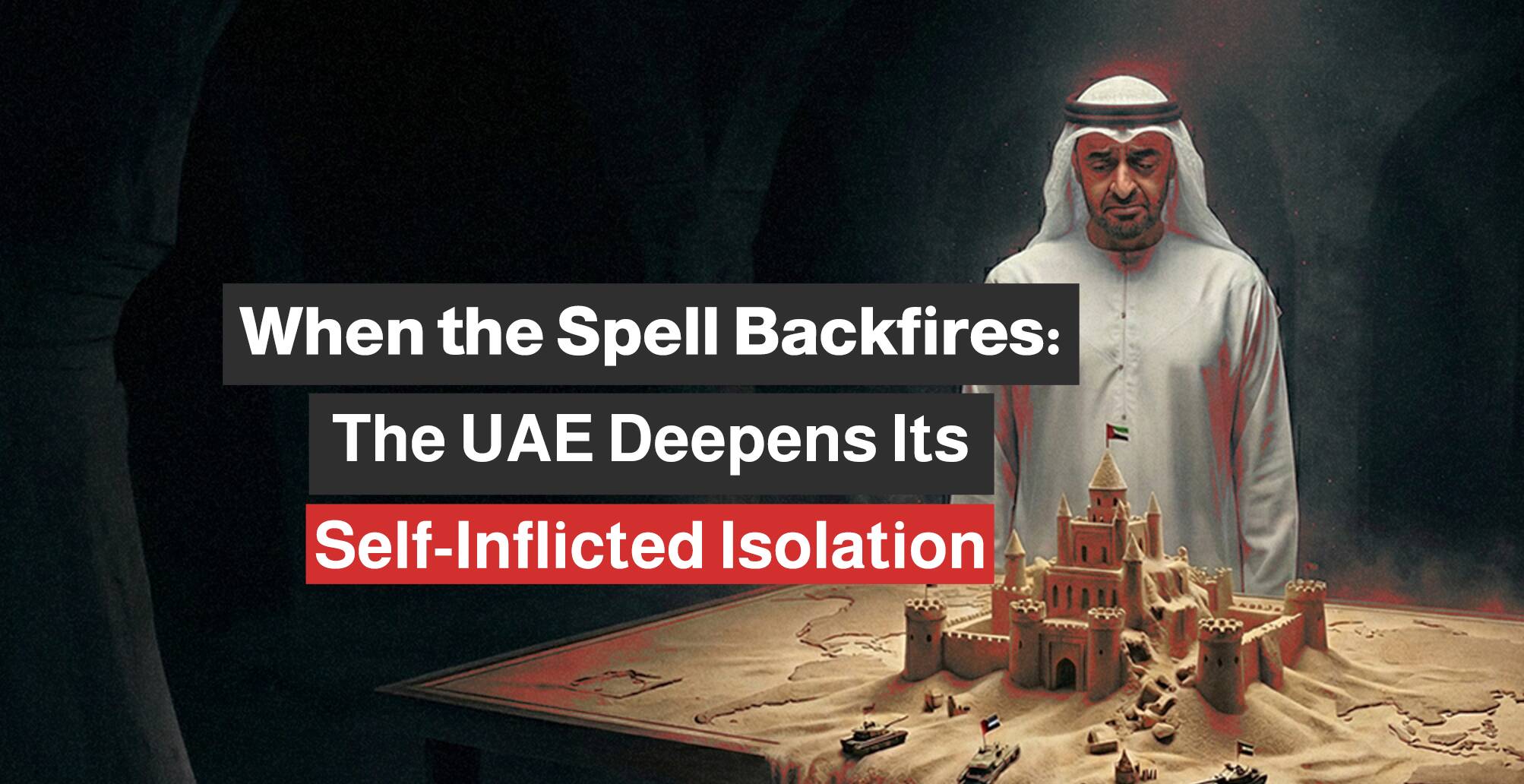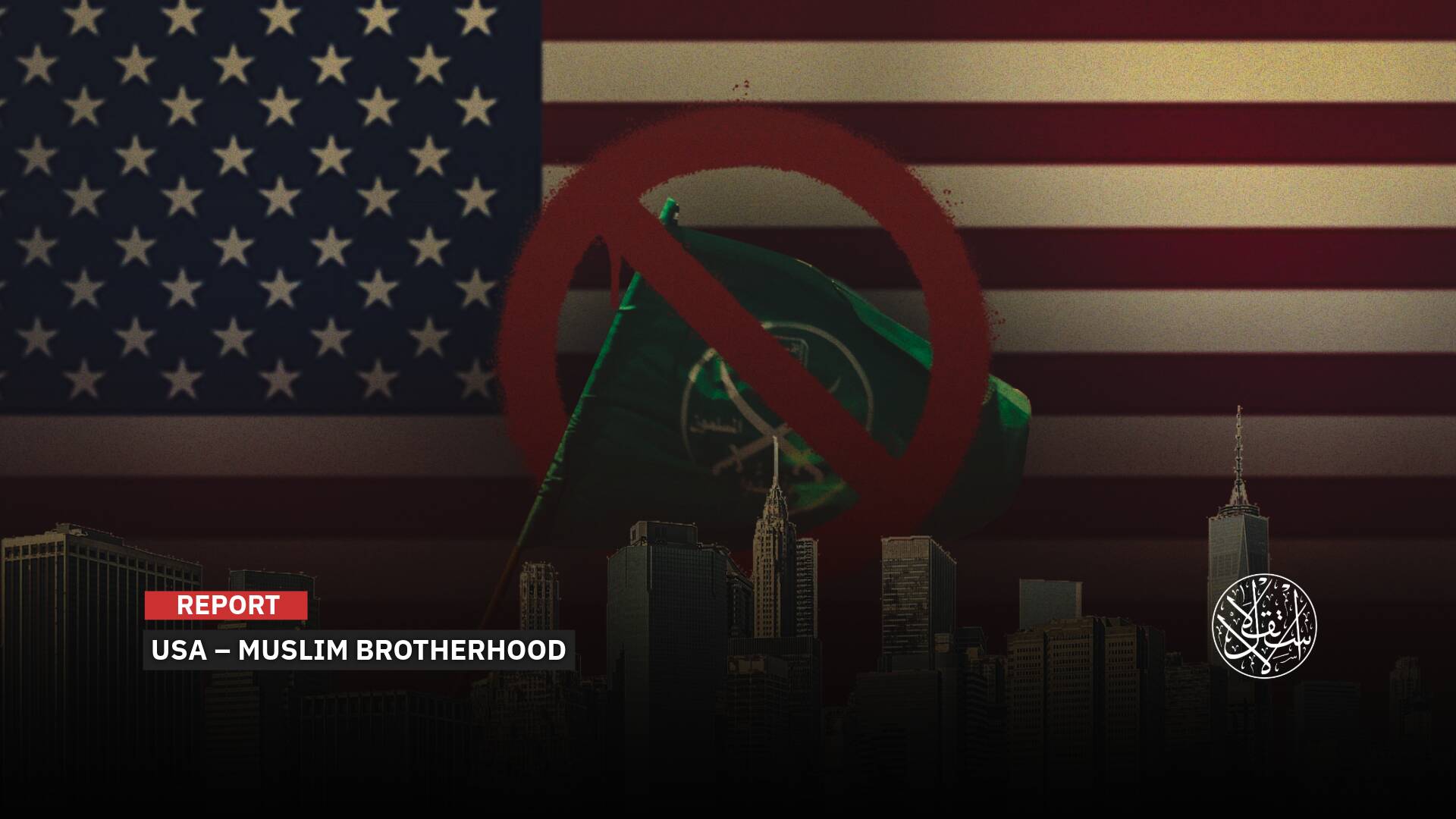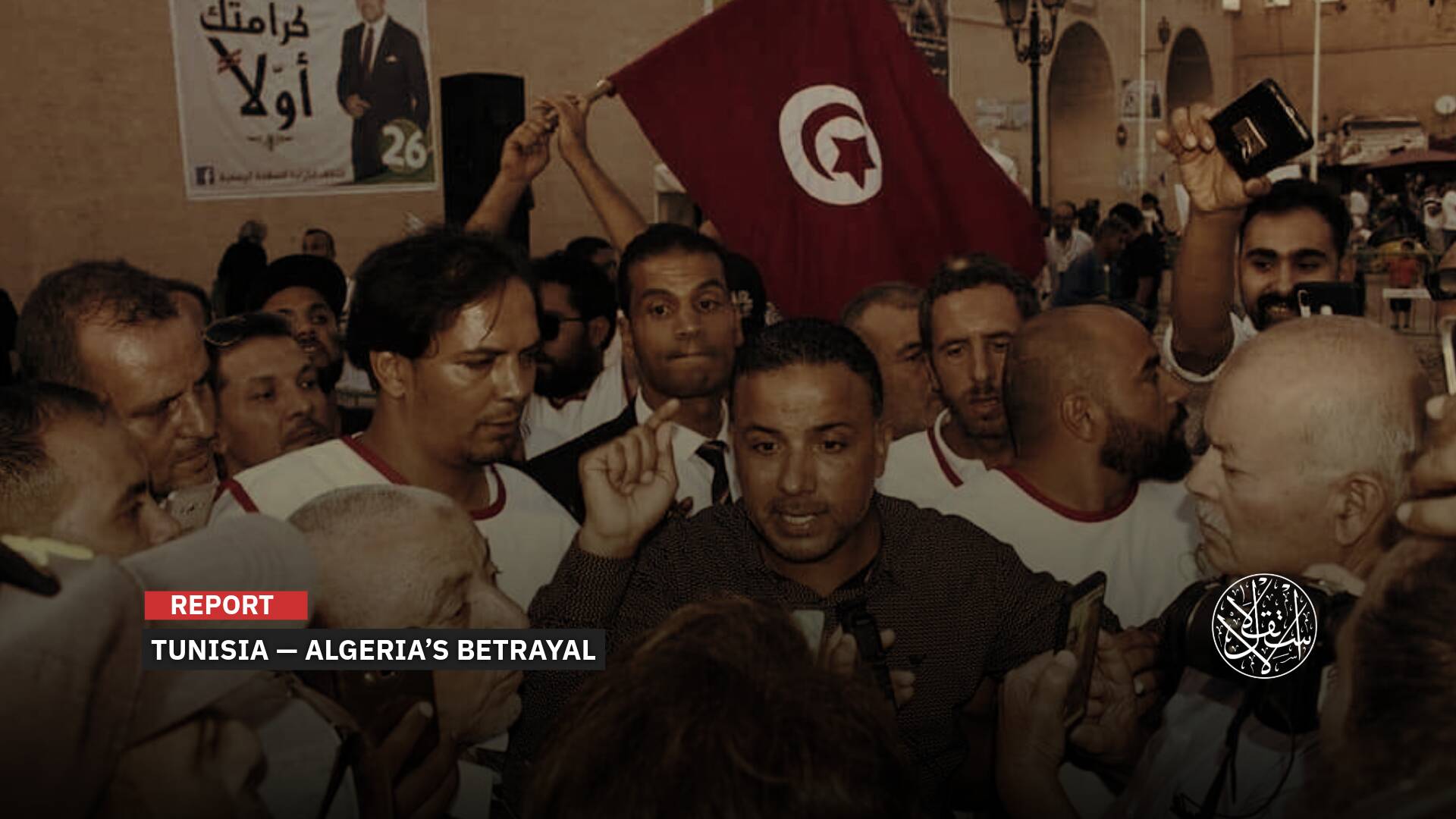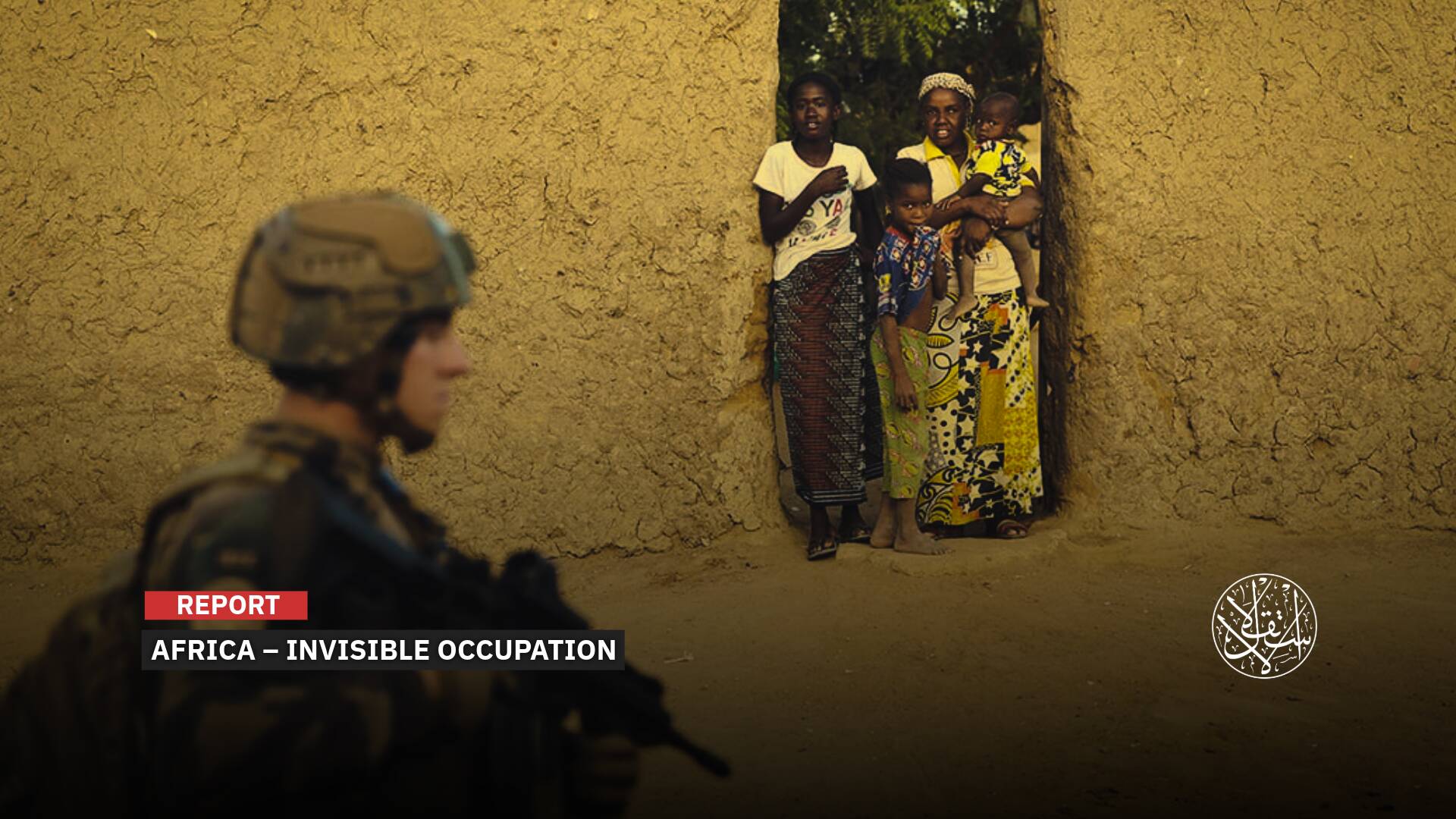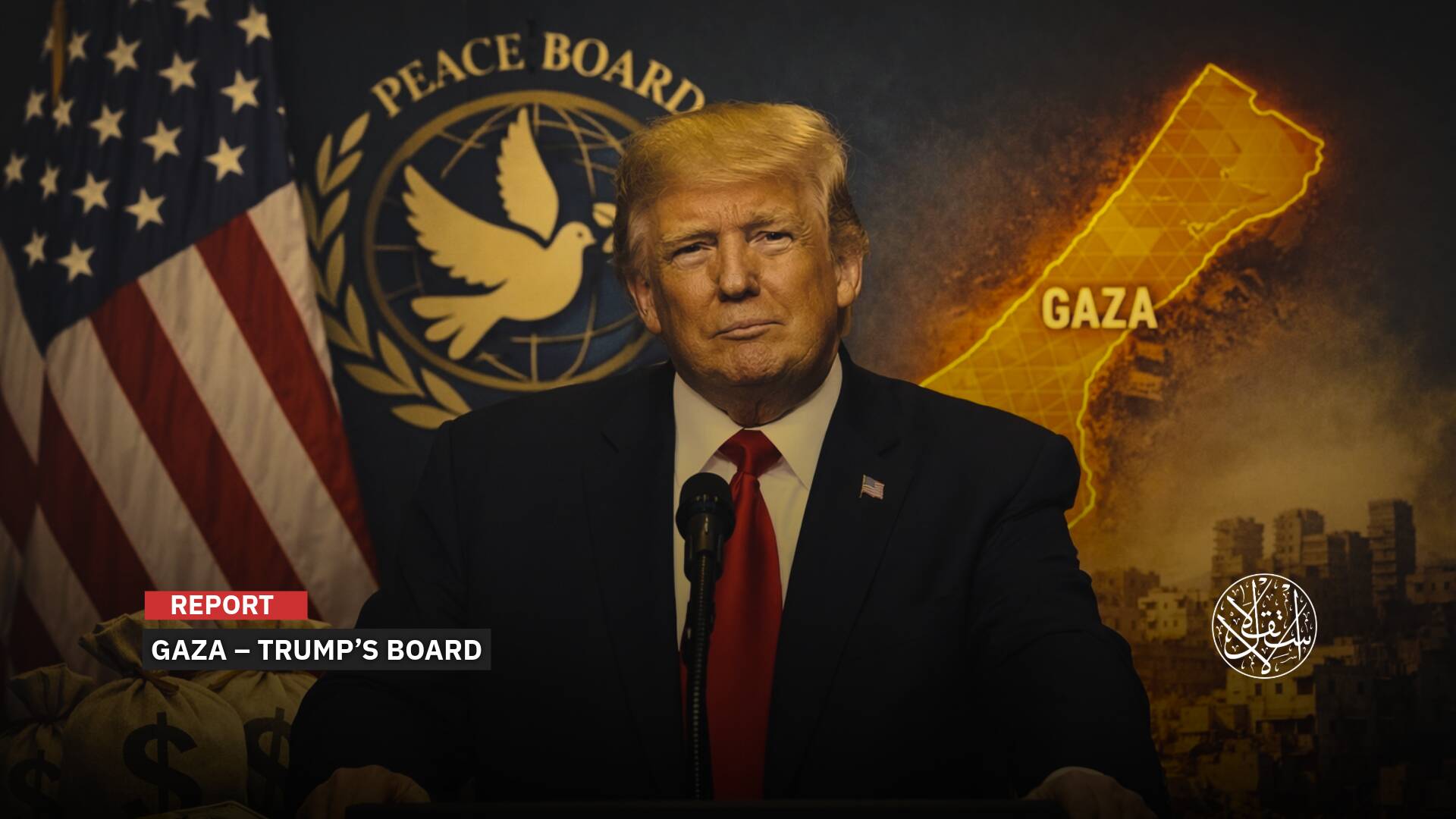Saudi Arabia’s Surge in Executions Raises Eyebrows and Concerns

As of October 9, 2024, Saudi Arabia has executed 214 people.
The Saudi Interior Ministry continues to issue statements periodically, announcing the execution of citizens on a range of charges, primarily framed under the broad banners of "security, drugs, and terrorism."
In 2024, executions have risen sharply, frequently grounded in ambiguous allegations and conducted without the benefit of transparent trials.
This notable increase in executions has prompted concerns that Saudi authorities are growing increasingly permissive in their application of the death penalty, raising alarms among human rights advocates.

Highest Execution Rate in Decades
Saudi Arabia executed 214 by October 9 in the year 2024, according to a statement issued by human rights organizations on the 14th of the same month, based on data from the Ministry of Interior.
This does not include executions carried out after the mentioned date; the Saudi authorities executed two more individuals on October 21, according to Al-Estiklal.
This means that the number of executions in 2024 alone reached 216 by October 21, prompting human rights organizations to raise alarm bells.
On September 28, Amnesty International (AI), an international non-governmental organization (NGO) that protects human rights, stated on its website that “the number of those put to death - including some for drug offenses - is the highest since 1990.”
"The real number of executions may be higher in light of SPA’s under-reporting on the actual number of executions in 2022."
“In 2022, Saudi Arabia executed 196 people – the highest annual number of executions that Amnesty International has recorded in the country in the last 30 years,” as reported by Amnesty International.
At least 172 were executed in Saudi Arabia in 2023 as highlighted by seven human rights organizations, including "Human Rights Watch," "ALQST," "Amnesty International," the "European-Saudi Organization for Human Rights," and "Reprieve."
In a statement on October 14, Human Rights Watch mentioned on its website that “Saudi Arabia has for years been among the countries carrying out the highest number of executions in the world."
The organization reported that there have been “at least 172 executions, and the figure for the first nine months of 2024 already marks the highest rate in recent Saudi history.”
This alarming increase underscores “the absence of transparency, the actual figures may be even higher."
They noted that the Kingdom executed more than 200 people during the first nine months of 2024, surpassing the number of executions recorded in any entire year over the past three decades.
Saudi Arabia ranked third on the list of the countries that carried out the most executions in the world in 2022 and 2023, following China and Iran, according to Amnesty International.
This comes despite Crown Prince Mohammed bin Salman’s claims since taking office in 2017 of pursuing an ambitious reform agenda known as "Vision 2030," aimed at transforming the Kingdom into a global tourist and commercial destination.
This opening up is accompanied by ongoing repression of dissent, as the Kingdom faces criticism over its human rights record and particularly for its suppression of freedom of expression.

Official Misleading
These rising numbers have emerged despite the Saudi Crown Prince’s repeated pledges to reduce the use of the death penalty.
In April 2018, Mohammed bin Salman stated that while the death penalty would not be abolished, its application would be significantly curtailed as part of an ongoing reform initiative.
In an interview with Time, The Saudi Crown Prince said, “I believe until today the United States of America and a lot of states, they have capital punishment. We’ve tried to minimize that so we have clear laws that we can change.”
He explained, "If a person kills a person, they have to be executed in our law. But there are few areas that we can change it from execution to life in prison."
"So we are working for two years through the government and also the Saudi parliament to build new laws in that area. And we believe it will take one year, maybe a little bit more, to have it finished," he added.
In March 2022, he reiterated that the country had "eliminated" the death penalty except in cases required by Sharia law, referring specifically to ‘Qisas’ (retribution).
As reported by al-Arabiya, during the prince’s interview with The Atlantic, he stated, "This category is mentioned in the Quran, and we cannot do anything about it, even if we wanted to do something; because it says explicitly that if someone kills another person, the family of the murdered person has the right - after going to court - to demand his death unless they pardon him."
The Crown Prince continued, "If a person threatens the lives of many people, this means that he should be punished by death, and this is stated in the Quran, regardless of whether I like it or not, I have no power to change it."
In September 2023, this issue resurfaced during an interview with Fox News, following the sentencing of 55-year-old retired teacher Mohammed bin Nasser al-Ghamdi to death over his social media posts criticizing the Saudi government.
Bin Salman remarked that there are some "bad" laws in Saudi Arabia, noting that leadership in the Kingdom is working to change them according to priorities.
He added, "We are not happy with that. We are ashamed of that. But [under] the jury system, you have to follow the laws and I cannot tell a judge [to] do that and ignore the law, because… that’s against the rule of law," as cited by Middle East Eye.
The Crown Prince concluded, "But do we have bad laws? Yes. We are changing that, yes." Months after that interview, al-Ghamdi was released.

Leniency in Implementation
Despite his positive statements, the increasing number of executions indicates that the Saudi Crown Prince has not fulfilled his repeated commitments, with the Kingdom continuing to punish dissenters and other groups.
Monitoring by Al-Estiklal has revealed that statements from the Saudi Ministry of Interior indicate that the list of individuals facing death sentences in 2024 includes charges related to drug offenses—not related to terrorism, “which do not fall under the category of ‘most serious crimes,” in Heba Morayef, Amnesty International’s Middle East and North Africa Director words.
This year has seen a massive rise in executions for drug-related crimes, with 59 people executed so far, including 46 foreigners, according to Human Rights Watch.
This marks a significant increase from just two executions related to drugs in 2023, reflecting a complete reversal of earlier commitments to halt the use of the death penalty for such cases.
At the end of 2022, the application of the death penalty for drug offenders resumed in Saudi Arabia, with 19 people executed in a single month after a nearly three-year suspension of their sentences.
Indeed, several human rights organizations, including "Human Rights Watch," "ALQST," "Amnesty International," the "European-Saudi Organization for Human Rights," and "Reprieve,” noted that this escalation raises serious concerns for the lives of hundreds of inmates sentenced to death on drug-related charges.
They added that these executions constitute a blatant violation of international human rights law, which prohibits the use of the death penalty for crimes that do not reach the level of "most serious offenses."
Moreover, authorities have wielded the death penalty as a tool to silence political dissent and to punish citizens from the Shiite minority who supported the "anti-government" protests that occurred between 2011 and 2013.
Vague charges are often directed at dissenters sentenced to death, such as "committing acts that amount to treason against the nation and joining a terrorist entity" or "participating in terrorist activities."
Other charges include "undermining national security," "seeking to disrupt social cohesion and national unity," "supporting destructive actions," or "chanting slogans against the state and its leaders."
For example, on August 17, 2024, the Saudi Press Agency announced the execution of the citizen Abdul-Majeed al-Nimr, a retired traffic officer, for crimes related to terrorism linked to his alleged membership in al-Qaeda.
However, the documents pertaining to his trial tell a different story, focusing on the charges against him regarding his alleged support for "anti-government" protests in the Eastern Province, which has a Shiite majority.
This contradicts the Crown Prince’s claims that executions are carried out only in cases of retribution, as in 2024, this penalty has been imposed on defendants in non-lethal cases, accounting for 41 percent of total executions, such as participation in protests, according to the statement from the human rights organizations.
Furthermore, the details of the executions carried out in 2024 reveal additional dimensions to the expansion of this penalty.
The European-Saudi Organization for Human Rights has observed an official trend to conceal certain information that was previously available, such as the name of the court that issued the ruling and specific details about the type of sentence, without clarifying whether it was a hadd (fixed punishment), ‘Qisas’ (retribution), or ‘Tazir’ (discretionary punishment).

Vague Charges
Nasser Awad al-Qarni, the son of the prominent Saudi preacher facing the death penalty, argues that "the sentences issued by the Saudi Ministry of Interior under labels such as joining a terrorist entity or compromising security often lack transparency and specificity, rendering these charges vague and widely interpretable."
In an interview with Al-Estiklal, he elaborated, "For instance, the Specialized Criminal Court in Riyadh sentenced a man in his fifties to death, only to later reduce the sentence to 35 years on charges of terrorism and compromising security. All this person did was tweet on Twitter (now X), while another was executed for using the same platform."
He noted that such rulings "raise concerns about their fairness and whether they uphold the rights of defendants to defend themselves."
Al-Qarni emphasized that "since Mohammed bin Salman took power, we have witnessed a significant escalation in executions, including cases related to political charges. It seems the regime is using the death penalty as a tool to silence voices and intimidate dissenters."
He believes the sharp increase in executions in 2024 reflects this approach, suggesting that the escalation "stems from the regime's fear and apprehension of any opposing voices."
"Sadly, the death penalty is being employed as a political tool rather than as a judicial measure based on fair legal and humanitarian standards," he added.
He then referenced his father's case, stating, "The prosecution is now demanding his execution, yet all the evidence presented does not meet the threshold for a violation, let alone a crime."
Awad al-Qarni, a 67-year-old Islamic preacher, was detained as part of a crackdown on clerics, academics, and writers in September 2017, which also included the prominent preacher Salman al-Odah.
His son continued, "To understand the Crown Prince’s approach to dissenting voices, one needs only consider the clear and glaring example of Jamal Khashoggi," referring to the Saudi journalist murdered in his country’s consulate in Istanbul in October 2018.
"There are a thousand Khashoggi in Saudi prisons," he stated, alluding to the execution chambers targeting most dissenters imprisoned for their opinions.
Meanwhile, Jordanian writer Ahmad Suleiman al-Omari commented on the news of the execution of two more Saudi citizens, quipping, “They must have raised the Palestinian flag, as that flag holds a hidden power that threatens national security; a power known only to the lackeys of Arab regimes.”
Saudi opposition figure Omar al-Zahrani stated that the Saudi government is masking its political and economic failures with increased violence and the killing of citizens, noting that executions have reached a dangerous and unprecedented level.
Sources
- Crown Prince: "We will not eliminate executions by 100%, but we will significantly reduce them." [Arabic]
- Crown Prince to "The Atlantic": "We have completely eliminated the death penalty... except for one category." [Arabic]
- Mohammed bin Salman in an article about the sentencing of a citizen to death for posts on "X": "I don't like it." [Arabic]
- Joint statement - Saudi Arabia: Increased use of the death penalty. [Arabic]
- Led by Mohammed bin Salman: Saudi Arabia breaks its execution records. [Arabic]




